Last Updated on July 23, 2021

While kicking it at this year’s Sitges Film Festival we had the opportunity to chat it up with iconic actor and all around cool dude SID HAIG; of Jack Hill blaxploitation films and Captain Spaulding fame. Here’s what the actor had to say about his colorful career and his most recent project Machete Maidens Unleashed (read our review here).
Let’s talk about your newest project, a documentary that you are in called “Machete Maidens Unleashed”.
I haven’t seen it yet but it’s something that I knew at some point in time someone would do because it’s such an amazing place to work (The Philippines that is) but very difficult some times you know. I did, I don’t know six or eight films there and it wasn’t until my fourth film there that somebody actually invented a chemical toilet. Till then you had to go off in the jungle and do some risks stepping on a snake or a spider or something that was going to kill you because everything there can and will kill you, and that’s it. You have to understand that.
You said you did six to eight pictures there?
Yeah. From ’69 I think through ’76.
Which one of these pictures you recall being the most hazardous in terms of filming conditions or the most memorable for that matter?
Hum, that’s difficult because they were all hazardous (chuckles) but I think maybe it might have been “Beyond Atlantis” with Patrick Wayne, Leigh Christian and John Ashley. We were doing this scene where I was on board the boat and Patrick Wayne and Leigh Christian were in the water, and all of a sudden a school of jellyfish came through and started stinging them. I saw it coming and I warned them you know and I just forgot about the scene for I saw this jellyfish. So that was difficult and I also in that film had to fall into a pit full of crabs. It was pretty wild. At first they dug a hole that was too small for me to fit in. I said “Geez, does anybody here know how to dig a grave, just dig a grave and make sure that you spike the claws of the crabs.”

And their going “What do you mean spike the claws?” And I would say “Close the claws and you put a piece of bamboo in there so that can’t open them up again, OK?” And then they said “Oh, OK, OK.” They finally get the hole dug properly and they bring in these two huge bags of crabs and it sounded like a flamingo dancer’s convention (chuckles). They did not spike the claws and I said “I am sorry; I am not doing this until you do that for that would be crazy.” So you know, there was just always the presence of Pythons, Cobras and Vipers. They had this spider there that’s a size of a dinner plate.
What can we expect from you within the next year in terms of films?
I have done a couple of films recently. I’m excited for both of them but one that I am really excited about is a film called “BLOOD IS BLOOD”, produced by Sid Sheinberg, former head of Universal studios and Paul Mason who is one of the most fantastic producers ever. We shot it down in Baton Rouge, Louisiana fighting alligators (laughs)! So I am really kind of excited about that one. I really think it’s going to be a good film.
What’s your opinion on the new wave of low budget filmmakers compared to the ones you worked with in the 60s and 70s?
I think now low budget productions are slightly mercenary, because you just can’t raise money anymore you know, and they just try to get the most out of you for the least amount of money. It’s not a question of being disrespectful; it’s just something that’s a necessity for them. But they also have to understand that as an actor you need to live, you need to have to eat you know, and things are expensive and they just have to give up a little a bit more money because at the end of the day if the film is successful, their the ones that win and you still only get this meager salary that they offered you. So I think at some point in time that’s all going to even out.

Do you have any ambitions to direct or produce?
I’ve been trying to direct a film for so long and people have wanted me to direct. I got some projects I really wanted to do and it’s still just raising the money so I’ve never been able to actually direct a film. I directed a lot of commercials for cable television, some documentaries, things like that you know. There is some feature films that I want to do as a director and I got a vision for but there just not happening because the money isn’t there, and the producers let there egos get in the way and you know, they have to be in charge. Well, if you can’t raise the money to do the film then you’re basically in charge of nothing (chuckles), OK.
Give me a highlight of some of the directors that you enjoyed working with?
Oh wow. Richards Fleischer was an absolutely amazing director. He was a visionary, he was a gentleman, he was very open to suggestion and I just really cherished the time I had working with him. The first time I worked with him was in a film called CHE with Omer Sharif and Jack Palance, and he really wanted me for the role but he and the producer were bumping heads and anything Richard wanted the producer made sure that he didn’t get. So the casting director found a way around that. He went to the producer and said you know there is a guy this Sid Haig is somebody we should really use but I think Richards doesn’t really like him and the producer said: HIRE HIM (laughs)!
How do you now see those AIP Jack Hill films you did back in the 70s?
Back then when we shot them it was just a way of having fun and they were just fun films to do. When you look at all those things I did in the Philippines, the formula was nine naked women and me.

Seems like a good deal!
You don’t get a better deal than that (chuckles). Those films actually stood the test of time you know. You look at them now and you say “Yeah that was really a fun film, it was really good.” And people now are reviewing these film on web-sites and their surprised at how good these ultra, ultra low budget films were.
What budgets are we talking about back then like for films like FOXY BROWN or COFFY?
COFFY was fairly expensive. That was a couple of million bucks but some of the stuff that we did in the Philippines was two to three hundred thousand dollars and had this incredible scenery. The production value was amazing. We went into regions in the Philippines that Filipino’s never been in. So visually everything was just astounding and the women of course were all beautiful. It was just an amazing time and place to work.
Which films did you do that you hate to talk about the most?
Yikes (laughs). Nobody has given me this opportunity before. There was a film, and you know god bless them, their hearts and their minds I guess were in the right place but the film just never came off. It was a film called THE AFTERMATH that I don’t (chuckles) like to talk about very much because I just did not like the film at all. It was just too cheap and the budget was just too low and there were parts of it to me that didn’t make sense. But oh well, I did it. That’s what you do. Sometimes you have to think about the mortgage payment and so you take a job and you hope it works out and sometimes it doesn’t.
Well that wraps it up, thanks for your time and see you on the big screen soon!
Sid Haig and interviewer Deke Richards.






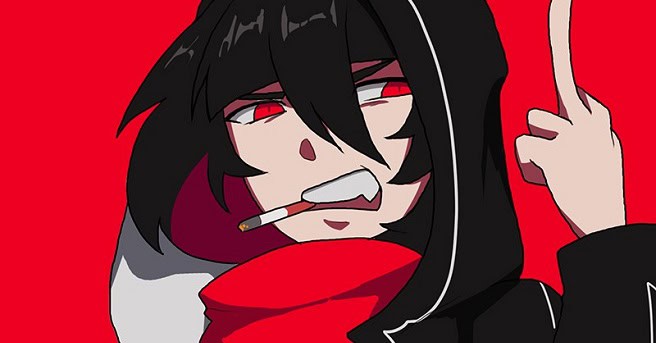
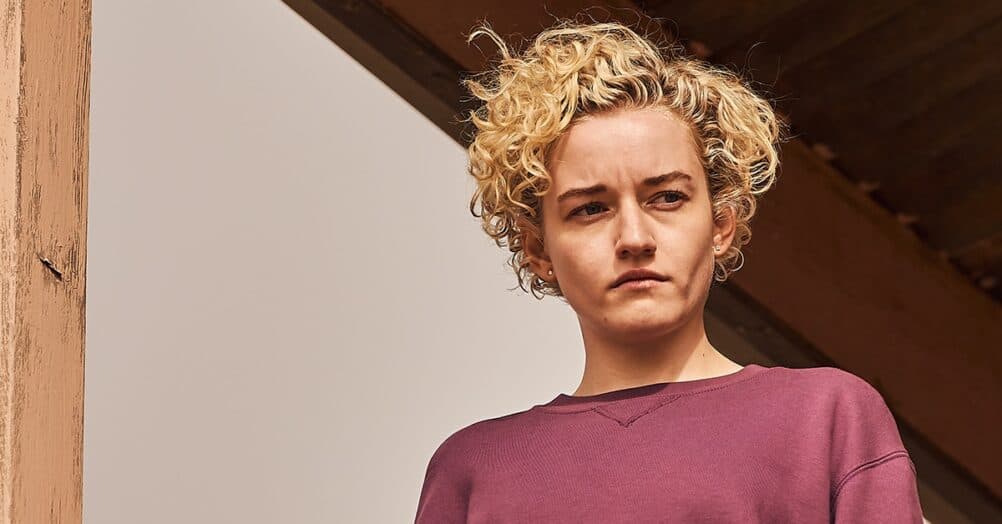

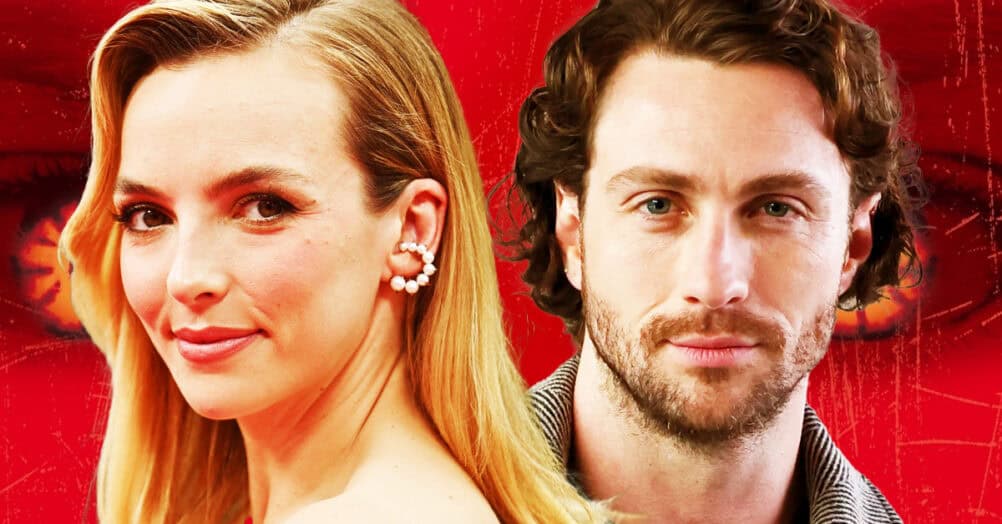
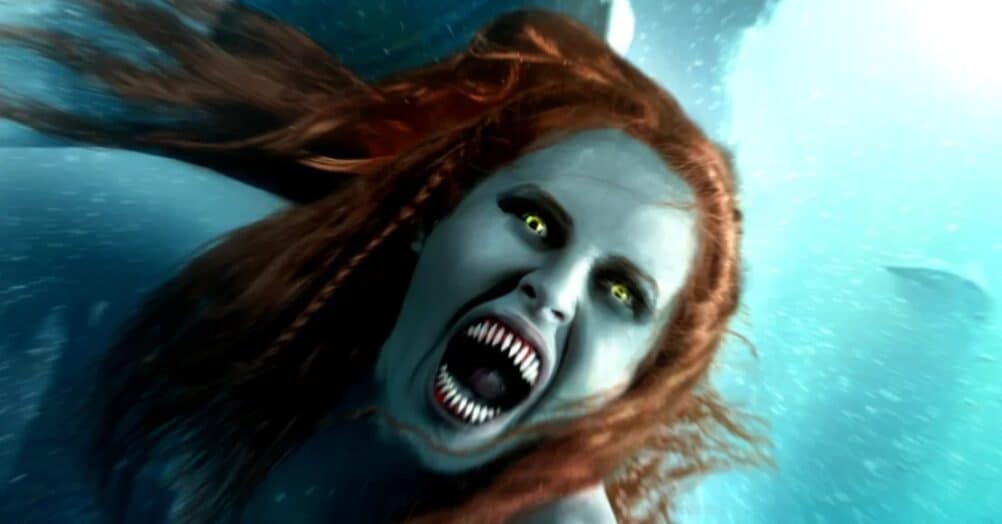
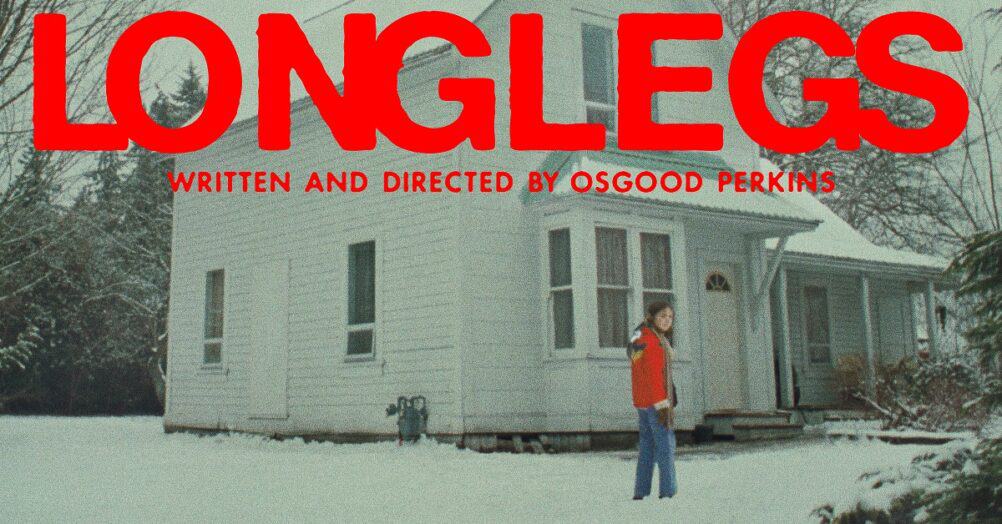
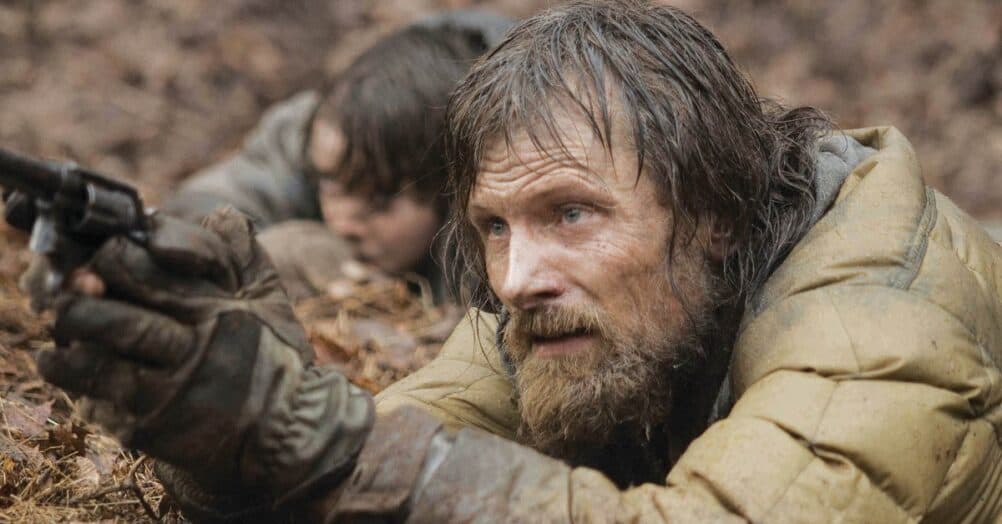
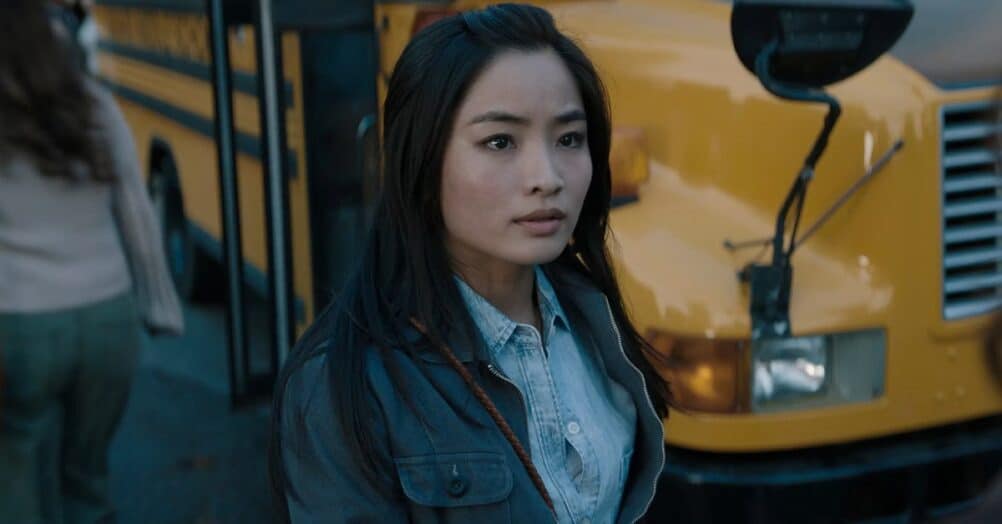
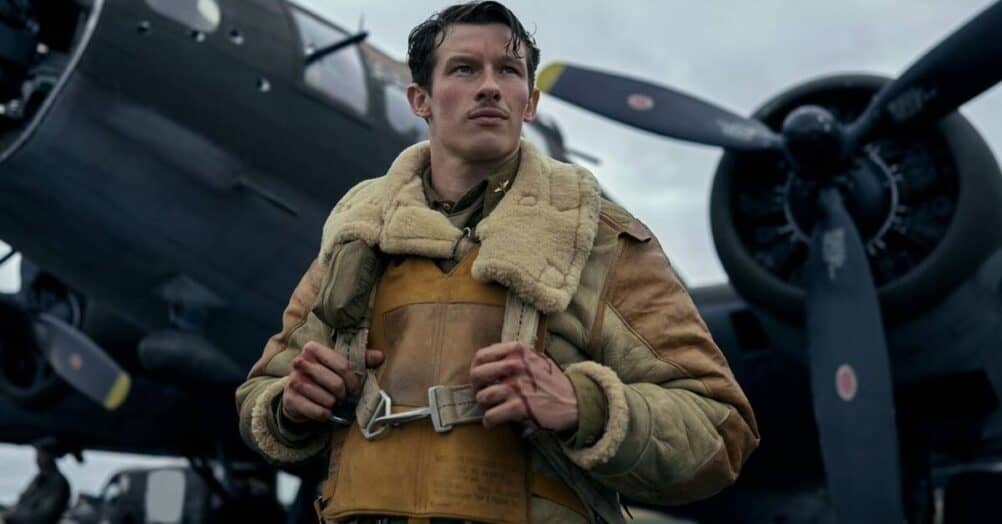
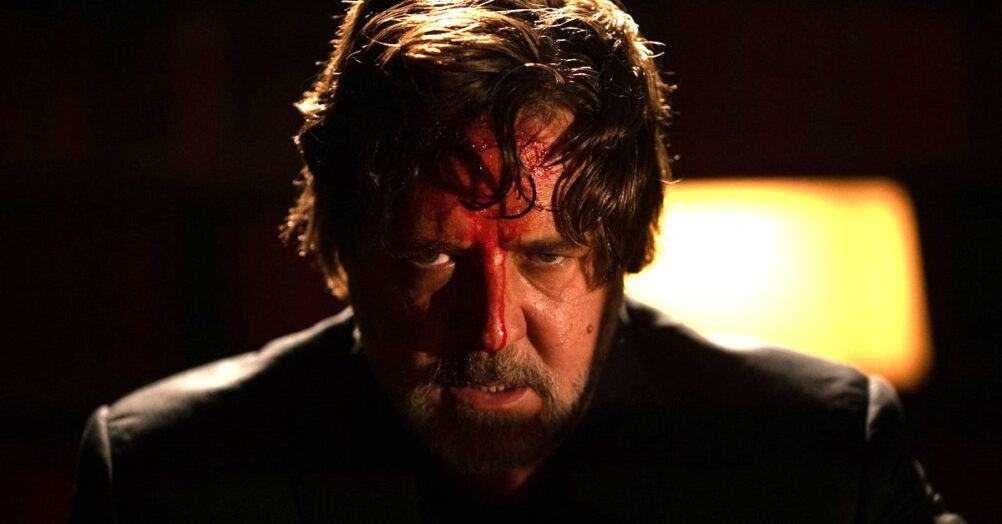
Follow the JOBLO MOVIE NETWORK
Follow us on YOUTUBE
Follow ARROW IN THE HEAD
Follow AITH on YOUTUBE